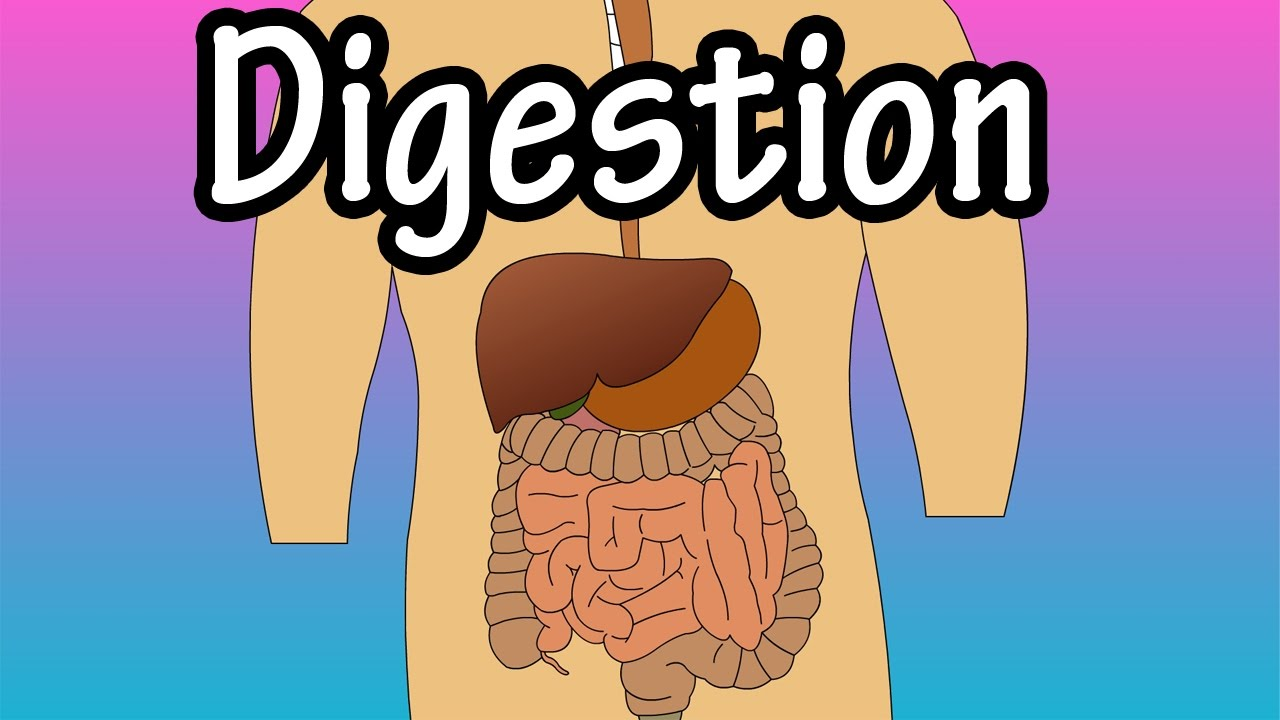The digestion is fascinating, and the complex process that breaks down the food in the body to produce the energy and the waste products. Digestion is the multistage process of the digestive system which starts with the ingestion of the raw materials. The process of digestion takes place in the gastrointestinal tract that is the long, tubular, and the connected structure, starting with the mouth and it ends with the anus. Within this system, the food is propelled forward which in turn is altered by the action of enzymes and the hormones into the small and the useable particles which are absorbed along the way. Some other organs are also involved in the process of digestion such as gall bladder, liver, and the pancreas. The average time that is taken for the digestion of the food and reaching the food from mouth to the excretory system is between the 30-40 hours.

Types of Digestion
The digestion is the catabolic process and based upon the way of breaking the food into particles this process is divided into the two main types.
Mechanical Digestion: It is also known as the physical breakdown of the larger food particles to the smaller subunits that are subsequently accessed by the digestive enzymes.
Chemical Digestion: In the chemical digestion the enzymes are involved for the breaking of food material into smaller parts which in turn can be used by the body for energy production.
Why Digestion is Important
Nutrients are the main driving force for the survival of life and these nutrients are provided by the digestion of food and drinks that we consume. Fats, carbohydrates, proteins, vitamins, and minerals all are nutrients and digestion break them into small parts which can be easily absorbed by the body and can be used for the growth, cell repair, and energy. By the process of digestion, the proteins are broken to the amino acids, fats are broken to the glycerol, and the fatty acids and the carbohydrates are broken into the simplest sugars. There is the proper system for the digestion which causes the movement of the liquid and the food through the gastrointestinal tract and breaks these substances into their smaller subunits. The water is absorbed by the large intestine and the process of digestion is controlled by the hormones and nerves. For the process of digestion, the gastrovascular cavity functions as stomach and helps in the distribution of nutrients to all the body parts.